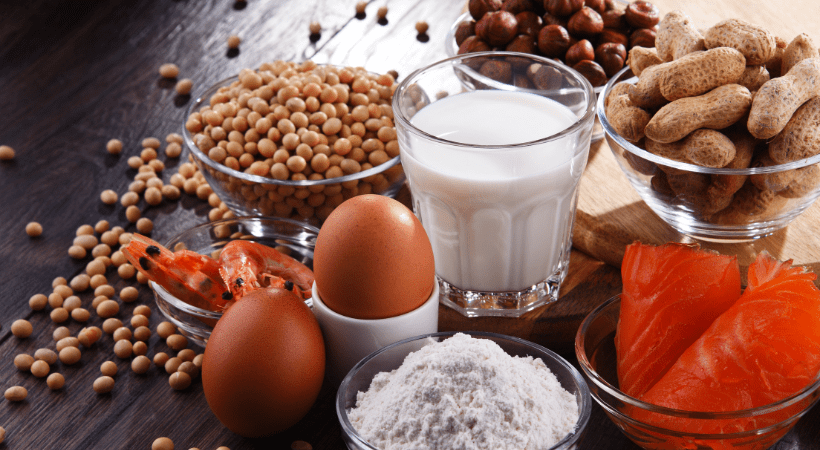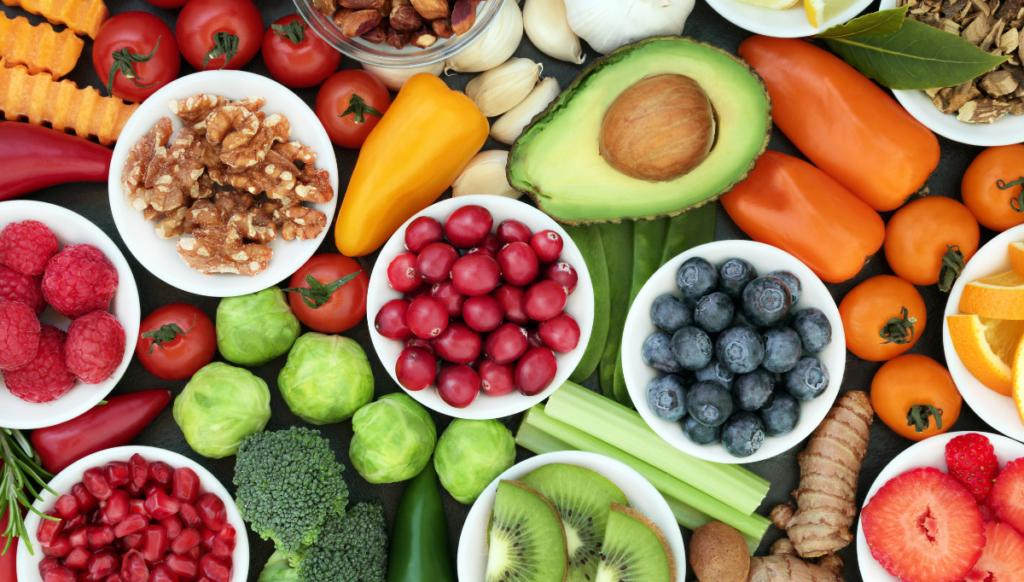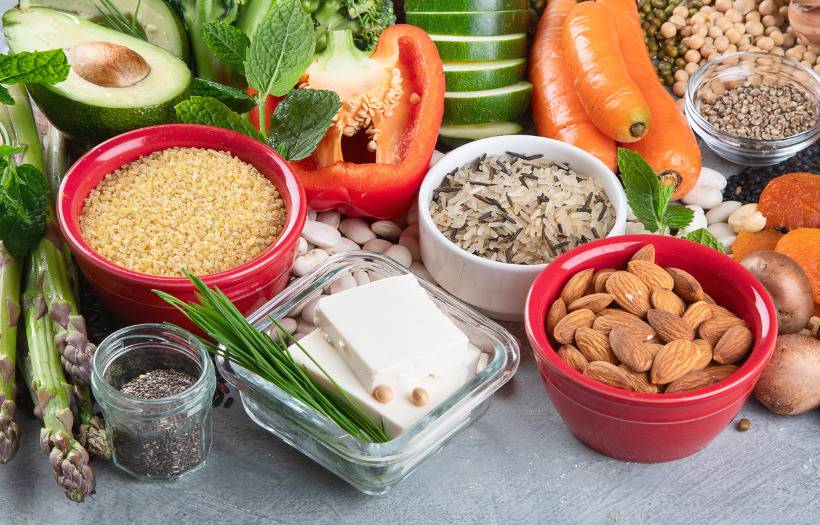Regulatory Updates
PEAL Food Allergen Labelling Australia: A Complete Guide to the New Legal Requirements
What is PEAL Labelling? All foods sold in Australia and New Zealand must comply with the Australia New Zealand Food Standards Code (ANZFSC), which includes all requirements for allergen declarations. On 25th February 2021, changes were introduced into law via the ‘Plain English Allergen Labelling’ – ‘PEAL’ – amends to ANZFSC. The requirements can be…
Read MoreLifting the Lid on Bottle Cap Changes
In a world of 24/7 digital and social media, it’s easier than ever to gauge consumer reaction to a change in the food industry – all you have to do is search online to see people’s views and reviews. And one topic which has gained traction across Twitter, TikTok and other social platforms is the…
Read MoreWhat Does the Windsor Framework Mean for Food and Drink Business in the UK?
Scenes of empty supermarket shelves in Northern Ireland were a visible reminder of the challenges associated with the Irish border after Brexit. With the UK now outside of the EU, businesses would have had to comply with the strict rules and border checks for goods being imported into the bloc. Yet political leaders recognised that…
Read MoreRevised Guidance in the US Regarding ‘Healthy’ Claims
In September 2022, the Food and Drug Association (FDA) proposed new guidance regarding using the term ‘healthy’ on food labels. The move is in response to a report which found that most people in the US don’t consume enough fruit, vegetables and dairy. So, what’s the plan behind the new guidance, and how will it…
Read MoreFlour Fortification: Changes to The Bread and Flour Regulations post BREXIT.
The UK is renowned for having long-standing historic bread and flour regulations. Since the UK left the EU after Brexit, the key piece of legislation affecting such products, ‘The Bread and Flour Regulations (1998)’ was amended through the ‘Food Regulations 2021 – Amendments and Transitional Provision’. In this blog, we discuss the regulations, the challenges…
Read MoreDeposit Return Schemes (DRS) for food packaging in the UK and EU
With many different regulations on recycling and waste reduction out there, it can be confusing – and let’s face it, hard work – to make sure each product is compliant with the rules of the country it’s to be sold and marketed. Janet Dalzell, senior regulatory advisor at Ashbury, shares insights into deposit return schemes…
Read MoreVegan Cheese Ban: Should UK consumers be worried about a similar action here?
Following news of Turkey’s vegan cheese ban and a similar ban on meat-like terms on plant-based products in South Africa, we turn to our regulatory experts to break down the myths and misconceptions of the decision, and what it means for brands and innovators in this arena. In July, the Turkish government announced a ban…
Read MoreEU Food Regulations and Mutual Recognition – Helpful Organisations
The Mutual Recognition scheme is designed to make the movement of goods easier for businesses. In our previous blog, we outlined the purpose and rules of the Mutual Recognition principle, shining the spotlight on the notion that each nation within the EU has its own national laws which must be considered to successfully enter these…
Read MoreMutual Recognition Principle – The Reality of the EU’s ‘One-Market’
With 27 Member States and millions of potential consumers, the European Union (EU) offers ample opportunity for food manufacturers and retailers. Trade in this region is governed by the Mutual Recognition Principle; in this blog, Ashbury’s EU and German food regulatory consultants delve into the detail of mutual recognition and its impact on the labelling…
Read MoreReg Update: France issues Decree regarding the labelling of products made with plant-based proteins (now suspended)
France has published a Decree formally banning meat names both legal and customary from being used on processed food made from plant proteins. This means plant-based protein alternatives produced in France cannot use a name that refers to: A legal definition for which no addition of plant protein is provided in the rules for composition …
Read More









